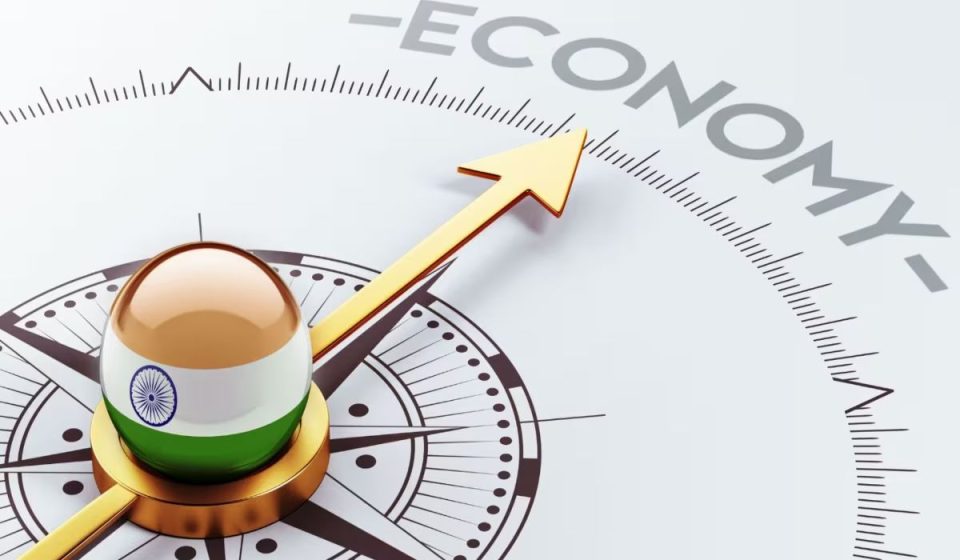India is expected to become the fourth-largest economy in the world by 2025, according to Amitabh Kant, India’s G20 Sherpa and former CEO of Niti Aayog.
Kant highlighted several factors contributing to India’s economic growth, such as record-breaking GST collections, consistent GDP growth of over 8% in the past three quarters, manageable inflation levels, double-digit growth in the steel, cement, and automobile manufacturing sectors, and the use of the Indian Rupee for trading with 27 countries.
India is also a global leader in digital public infrastructure, with e-transactions accounting for 46% of all global digital payments.
India’s Jan Dhan, Aadhaar, and Mobile Trinity accounts have a total balance of over Rs 2.32 lakh crore.
The International Monetary Fund’s (IMF) latest World Economic Outlook predicts that India is expected to remain the fastest-growing major economy in 2024, with a projected growth rate of 6.8%.
Kant’s remarks show India’s impressive economic growth in recent years, especially given its previous classification as one of the “Fragile 5” emerging countries in 2013.
Japan, which is currently on the fourth position, is concerned about losing its economic standing since China and Germany have already surpassed it, and India is predicted to do so next year.
By 2025, India’s nominal gross domestic product in dollar terms is projected to reach USD 4.34 trillion, exceeding Japan’s USD 4.31 trillion.
This news has shocked Tokyo, which had been the second-largest economy until 2010 but is now likely to slip to fifth place.
The decline in Japan’s global economic ranking follows the government’s confirmation that the nation fell behind Germany in 2023. Prime Minister Shinzo Abe recognised the country’s economic problems and implemented a plan called “Abenomics” to boost growth.
Monetary easing by the Bank of Japan and fiscal stimulus through government spending were successful, but structural reforms fell short.
The COVID-19 pandemic and Russia’s war in Ukraine also affected Japan’s economy, but the weakening yen remains the government’s greatest challenge.
Japan must adopt a tighter monetary policy and focus on improving productivity, such as technology, human capital, and business processes, to increase future growth.
Developed markets such as the US and Japan cannot be expected to grow as quickly as emerging markets such as China and India, where the middle class is occupying an increasing share of GDP.




